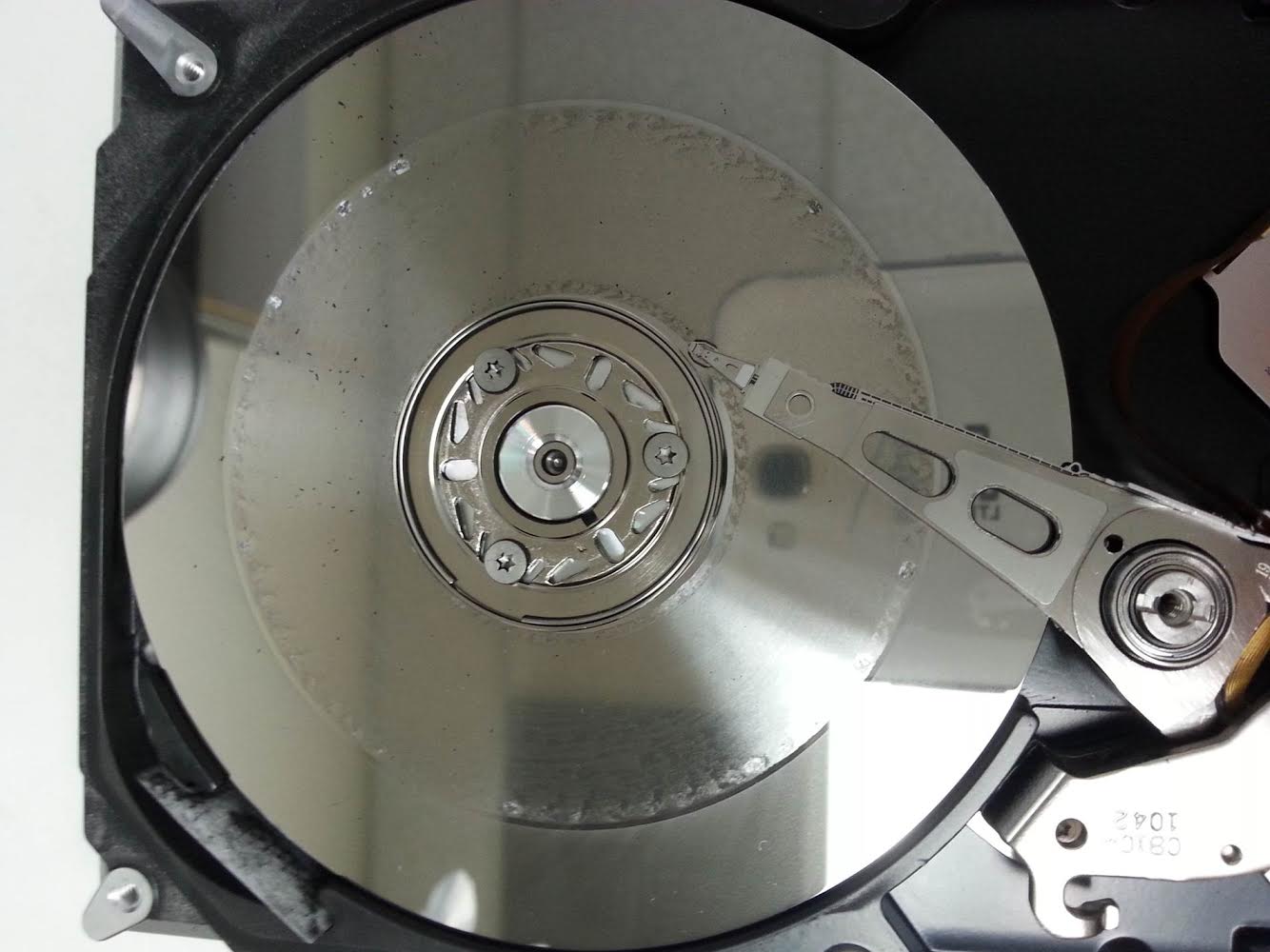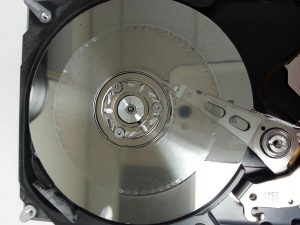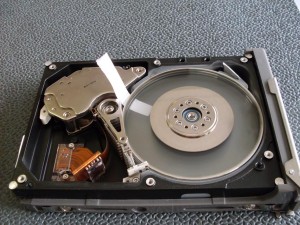If you use a computer, chances are good that you’ll eventually deal with a hard drive failure. If you don’t have a working backup, you’ll need to determine whether you need a professional hard drive data recovery service or whether you can try something else to get the data back.
Here are three quick questions to ask yourself in order to determine whether you need hard drive data recovery (and whether the service will be affordable in your case).
If you do decide to invest in hard drive recovery, call us at 1.800.237.4200 and speak with one of our specialists; we’ll help you set up a fast (free) evaluation. Even if you’re not interested in setting up a case, we can help you understand the situation and give you the guidance you need to prevent data loss in the future.
Does Your Hard Drive Make Noises?
When a hard drive operates normally, it makes some sounds — you’ll hear the platters whirring away, and ideally, it’s pretty quiet. Different models have different noise levels, and many manufacturers promote low-noise hard drives.
However, when a hard drive fails, it will often get louder. Severe failures will often cause a clicking or clacking, which can indicate that the write heads have come into physical contact with the platters (not great news for your data).
If this occurs, you’ll want to turn off your hard drive. Otherwise, you could end up destroying your data permanently. Here’s a hard drive that ran for several hours after a head crash.
The head assembly is the little arm sticking out from the right side. Normally, the heads float above the platters, but a hardware failure can allow them to touch down. You can see where they scraped against the platters, removing the magnetic material that stored the user’s data. Unfortunately, this made the drive unrecoverable.
If your drive makes noise, keep it off. If it doesn’t make any noise and it doesn’t seem to be operating, it could have an electronic issue. Attempting to run it usually won’t cause any severe damage, but it’s still not a great idea — and before you try any at-home techniques, we should point out that you can’t just swap a hard drive’s PCB (electronics) out with a healthy drive’s PCB. Electronics are drive-specific, so you need special equipment in order to complete this type of component replacement successfully.
Are You Having Trouble Accessing Data?
If you’ve ruled out physical damage but you’re still having trouble accessing data, you may be able to try hooking the hard drive up to another computer and accessing it. We don’t recommend this if there are any signs at all of physical damage — see the picture to the right for a good reason to play it safe.
If you deleted data from a hard drive, don’t run it. The drive will overwrite more and more of your data as it operates. You may be able to access it as a secondary drive on another computer and run data recovery software; we still recommend seeking professional assistance, since we regularly receive cases where files were accidentally overwritten by attempts at software recovery. However, if the data isn’t especially important or if you’re fairly tech savvy, this might be an option.
If files appear corrupt or if you see slower and slower read times, your hard drive might still have a physical issue. Turn it off and keep it off; repeatedly starting up a drive and turning it off might cause the issue to get worse, leading to a more severe failure.
Is The Data Important, And Do You Have a Backup?
Time for the big question: how important is your data?
Hard drive data recovery can cost anywhere from a few hundred dollars to a few thousand. It’s never as inexpensive as a brand-new hard drive, however, so if you’ve lost inessential data — music, games, or anything that you could recreate — you may not want to pursue professional data recovery.
However, if you’ll have trouble recreating the lost data or if it’s impossible to reproduce what you’ve lost (personal photos, work emails, etc.), you should at least get an evaluation. Datarecovery.com offers free evaluations, as do many other major data recovery providers, so in the worst case scenario, you’re only out a few dollars for shipping.
Even if you have a partial backup, you may save time and money by engaging the services of a professional data recovery company. As of writing, our least expensive services come in at around $250 (although it’s important to note that this isn’t an average, and it’s not applicable to every situation — we’ll need to perform a thorough evaluation in order to give you a specific quote).
Data loss isn’t fun for anyone, and we always hate being the bearers of bad news. However, we want to stress one more point: you should never attempt to recover your own data if it’s important. Hard drive data recovery requires a complex set of tools, and we’ve spent decades refining our techniques. If you attempt to repair your hard drive at home, you’ll probably make the situation much worse. A free evaluation will at least let you know what you’re dealing with, without putting your drive at risk.
And as much as we hate self promotion, we’ll say one more time that our phone number is 1.800.237.4200. Feel free to call us with any hard drive question, and we’ll do our best to give you an accurate and honest answer. You can also email us at help@datarecovery.com if you have ideas for another blog.







